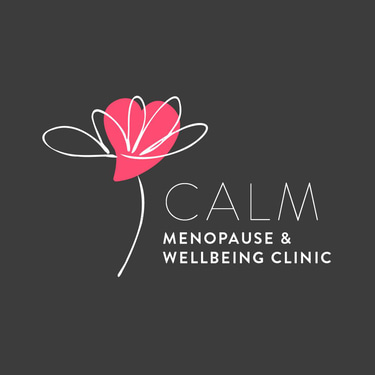Understanding Hot Flushes and Night Sweats: The Impact of Perimenopause and Menopause
4/28/2025


Introduction to Hormonal Changes
The transition into perimenopause and menopause marks a significant phase in a woman's life, characterised by profound hormonal changes. Among the various symptoms experienced during this time, hot flushes and night sweats stand out as particularly common complaints. Understanding why these symptoms occur can help individuals navigate this natural transition with greater ease.
The Role of Oestrogen in Regulating Body Temperature
Hot flushes, often described as sudden feelings of warmth spreading throughout the body, are largely attributed to fluctuations in oestrogen levels. This hormone plays a crucial role in regulating the body's temperature control system. As the ovaries gradually produce less oestrogen during perimenopause and menopause, the hypothalamus—our body’s thermostat—becomes more sensitive to slight changes in temperature. As a result, it may mistakenly interpret normal body temperature as being too high, triggering a hot flush as a response.
Night Sweats: An Unwelcome Companion
Night sweats are essentially the nocturnal counterparts to hot flushes. The hormonal imbalances experienced during menopause can lead to episodes of excessive sweating during the night, disrupting sleep patterns and often resulting in discomfort. These episodes can vary in intensity and can occur any time during the night, leading to increased awakenings and fatigue. It is important to note that while the decline of oestrogen is a primary driver of these symptoms, other factors—such as lifestyle choices, stress, and diet—can also exacerbate their severity.
Managing Hot Flushes and Night Sweats
Managing hot flushes and night sweats relies on a combination of lifestyle adjustments and, in some cases, medical intervention. Simple strategies include dressing in layers, using breathable fabrics, and maintaining a cool sleeping environment. Additionally, dietary choices such as avoiding caffeine , alcohol and spicy foods during the evening can be beneficial. Hormonal replacement therapy (HRT) is an option for many women, as it provides relief by stabilising hormone levels and alleviating the intensity of these symptoms. Consulting a healthcare provider can help determine the best approach based on individual needs and medical history.
Conclusion: Embracing the Change
While hot flushes and night sweats can be bothersome, they are an integral part of the perimenopause and menopause experience. Understanding the underlying hormonal changes that trigger these symptoms allows women to prepare and take proactive measures. Embracing this natural transition with informed strategies can lead to a more manageable and empowered experience, ultimately enhancing quality of life during this pivotal phase.
Contact:
website: calmmenopause.co.uk
Telephone: 07511039004
© 2024. All rights reserved.
email: vikki@calmmenopause.co.uk


